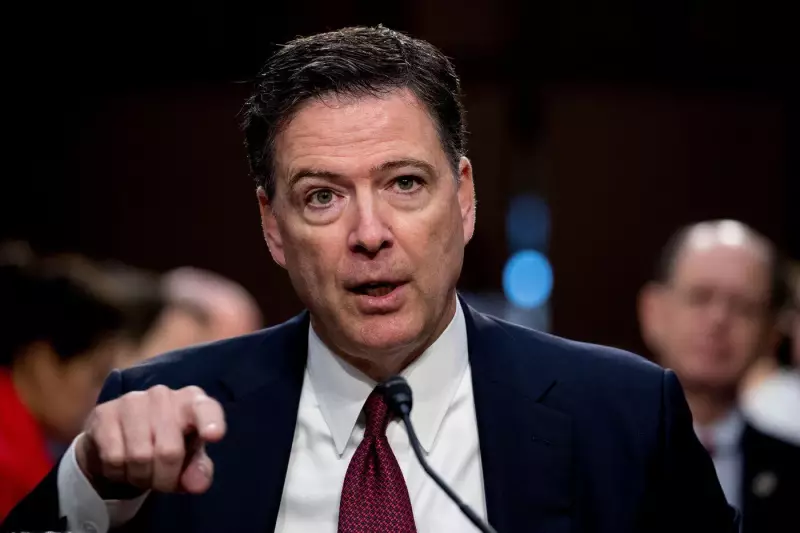
In a dramatic legal development that pits former FBI director against former president, the Justice Department has filed a compelling argument defending Donald Trump's claim of presidential immunity for his social media activity.
Justice Department Takes Stand on Presidential Powers
The DOJ's recent court filing represents a significant moment in the ongoing legal saga surrounding Trump's handling of classified documents. Department lawyers have urged a federal judge to reject James Comey's attempt to have the case dismissed, while simultaneously arguing that Trump's social media posts should be protected under presidential immunity.
This dual-position filing creates a fascinating legal landscape where the Justice Department acknowledges the seriousness of the case while defending the scope of presidential authority.
The Core Legal Argument
At the heart of the matter lies the question of whether a president's communications, including social media posts, fall under the umbrella of official acts protected by immunity. The Justice Department contends that Trump's online statements were made in his capacity as president and should therefore receive the same legal protections as other official communications.
Legal experts are closely watching how this argument will be received by the court, as it could set important precedents for future presidential conduct and the boundaries of executive power.
Comey's Dismissal Bid Meets Resistance
James Comey's legal team had sought to have the case thrown out, arguing various procedural and substantive grounds. However, the Justice Department's response indicates strong opposition to this approach, suggesting the case should proceed through normal legal channels.
The filing represents the latest chapter in the complex relationship between Trump and his former FBI director, adding another layer to their already contentious history.
What This Means for Presidential Accountability
This case raises fundamental questions about the extent of presidential immunity and how it applies to modern communication methods. The court's eventual ruling could redefine the legal boundaries for sitting presidents' use of social media and other public communications.
As the legal battle continues, both sides are preparing for what could be a landmark decision affecting the balance of power between the executive branch and other government institutions.
The coming weeks are expected to bring additional filings and possibly oral arguments as this high-stakes legal confrontation unfolds in federal court.





